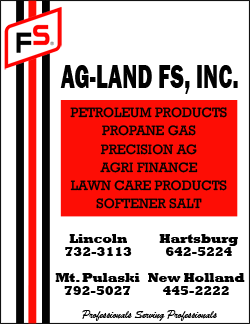| |||||||||||
| |||||||||||
Russia's state sanitary watchdog agency, Rospotebnadzor, said in a statement that it was suspending imports of Fonterra products and taking steps to remove them from stores. The agency sent directives to its branches in the Russian provinces and to the Federal Customs Agency. It called on Russians to take "reasonable precautionary measures and not to use formulas by Fonterra or any other of its dairy products." Fonterra said the contamination occurred as the result of dirty pipes in a Waikato plant in May 2012. It said samples turned up a potential bacteria problem in March this year, but that it took until July 31 for testing to indicate the presence of the type of bacteria that could cause botulism. Asked at the Beijing press conference why it took so long for the problem to show up, Spierings said although the ingredient was produced in 2012, it was only used in making base powder in March this year. At that point, he said, it was retested. "The supply chain of infant nutrition powders takes a long time because it has many steps and every step is tested very strictly," he said. "The closer you come to the consumer, the more testing you do." China's official Xinhua News Agency said Hangzhou Wahaha Health Food Co. Ltd., Hangzhou Wahaha Import & Export Co. Ltd., Shanghai Tangjiu (Group) Co. Ltd. and Shanghai-based Dumex Baby Food Co. Ltd. on Sunday began recalling and sealing products with potentially contaminated whey protein. New Zealand company Nutricia and Malaysia's Danone Dumex have announced recalls of some types of infant formula. Vietnam has initiated a recall of Similac Gainplus Eye-Q infant formula, while Dumex in Thailand has initiated a recall of five types of infant formula. Thailand's Food and Drug Administration deputy secretary-general Srinuan Korakotchakorn said the agency is trying to find out how many products might be affected and will issue any further recall notices as needed. She said the agency is doing all it can to prevent any more contaminated products from arriving in the country. "From now on, any products or ingredients containing whey protein must be tested for safety at customs points," Srinuan said. Fonterra said some of its potentially contaminated whey protein was purchased by Coca-Cola and Australian health food company Vitaco but the manufacturing process used by those companies, including ultra-high temperature treatment, meant their products posed no risk. It said the same situation applied to Chinese beverage maker Wahaha. In the first half of this year, China imported 371,000 tons of milk powder from New Zealand. That was up 34 percent from the same period last year and accounted for 83 percent of total imports of such products, according to Chinese customs spokesman Zheng Yuesheng.
[Associated
Press;
Copyright 2013 The Associated
Press. All rights reserved. This material may not be published,
broadcast, rewritten or redistributed.